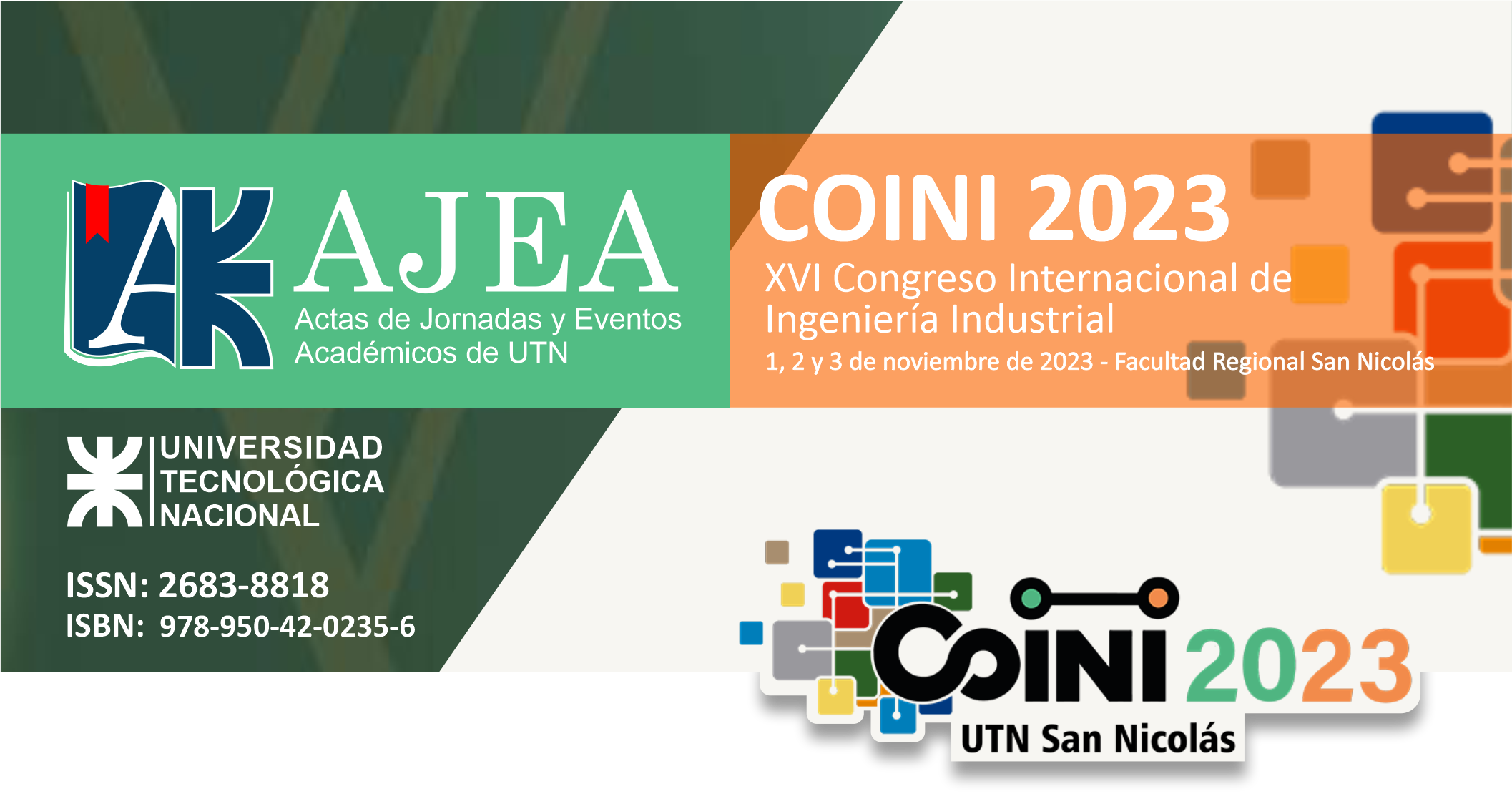REVERSE LOGISTICS AS A SUSTAINABLE PRACTICE IN THE SUPPLY CHAIN OF THE TEXTILE, CLOTHING AND FASHION SECTOR: AN ANALYSIS OF DRIVERS IN THE COLOMBIAN CONTEXT
Keywords:
Circular economy, reverse logistics, drivers, fashion industry, pre-consumer textile wasteAbstract
The textile industry has a long supply chain in which environmental damage can be generated in each of its domains. In Colombia, the average of textile waste that is used is less than 5% and in the Metropolitan Area of Medellín, there are many companies in the Textile, Clothing and Fashion Sector (STCM), which have promoted the economic development of the region. However, the recovery percentage of textile waste is not known, which makes it necessary to implement Circular Economy (CE) strategies in this industry. Understanding that to address this problem, measures must be taken against the textile waste generated by the industry in pre-consumer or post-manufacturing, reverse logistics (LI) appears as one of the CE strategies that has several practices that different companies can implement. of the STCM, but in the Colombian context the drivers that facilitate the transition to environmentally responsible production models are not known. Therefore, the objective of this research is to establish which are the main drivers that STCM companies in Colombia must consider when making the decision to implement LI practices and their prioritization from the current context of the sector. The methodology used includes four stages: the first is the identification of the LI drivers through a literature review, the second is the collection of information through a survey directed at decision makers in the local companies of the STCM, the Third is the selection of the main drivers using the Analytical Hierarchical Process (AHP) tool and consulting experts. As a result, it was obtained that for the Colombian industry the main driver is the commitment of management, beyond legal regulations and standards.
Downloads
Metrics
Downloads
Published
How to Cite
Conference Proceedings Volume
Section
License
Copyright (c) 2024 Angela María Aguirre González, Juan Sebastián Jaén Posada, Olga Cecilia Úsuga Manco

This work is licensed under a Creative Commons Attribution-NonCommercial 4.0 International License.










